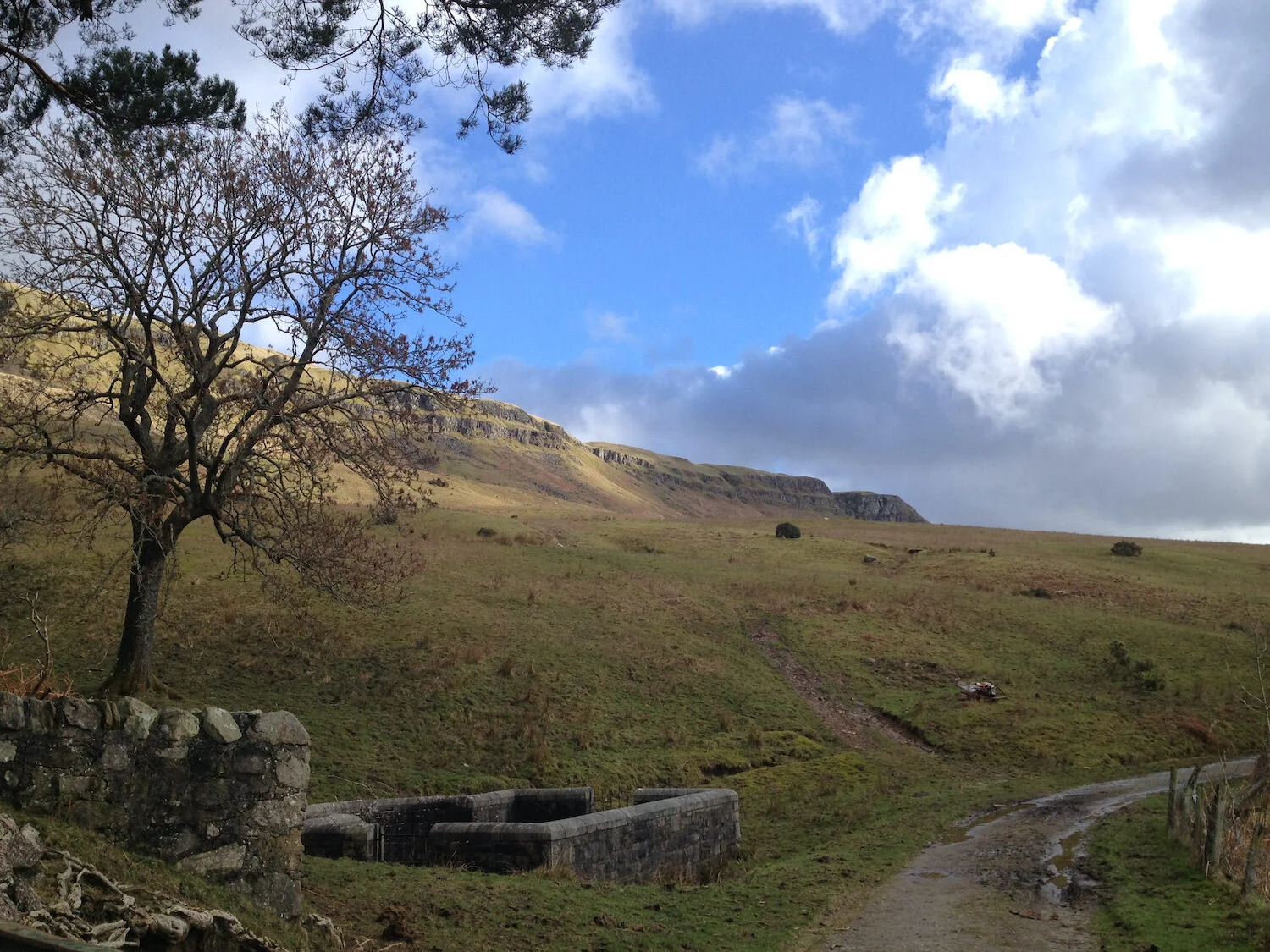Sacred Ground
When I lifted the teak box of Dad's ashes to carry it to the car, I was surprised at how heavy it was. I assumed cremated remains would be light and airy like the ashes left from the coal in our fireplace at home growing up. I placed the box in the passenger seat beside me for the one-mile drive up the hill to the small graveyard in the village, in the southwest of Scotland where my parents had their holiday cottage. Mum had bought a plot up against the dry stone wall next to a field of scruffy sheep, so that she and Dad could look out to the Solway Firth. He died at age sixty-seven and next year he'll have been gone for twenty years.
I had a curious urge to fasten the seatbelt around the box in the car. I felt protective of him, just as I did when he was ill and couldn’t fend for himself. “Just to keep you safe, Dad,” I said as I strapped him in. We hadn't worn seatbelts as kids in the sixties and sometimes the four of us siblings would stand up, side by side, in the back of his car on the way to school when he relented to our persistent requests to drive the ‘squiggly’ way. He’d take the series of hairpin bends so fast we’d squeal and fall on top of each other.
I asked my mother if we could inter Dad’s ashes in a place that is designated as sacred ground, a place protected from development with a marker that tells strangers that he once walked on the earth. I wanted his remains to be held safe in the deep, dark earth. Other people prefer the water or the air to receive their loved ones, scattering remains in meaningful locations, often without identifying markers. People who disperse remains in this way are the only ones who hold the knowledge about the final resting place. If, as someone once said to me, "Most of us will only be remembered for two generations," then this scattering tradition, without identifying markers, will enhance the dissolution of memory. And perhaps that's okay.
Mum tells me that she is glad to have a location where she can 'visit' Dad, a place she can take care of, a place she knows we will visit, when she is gone.

